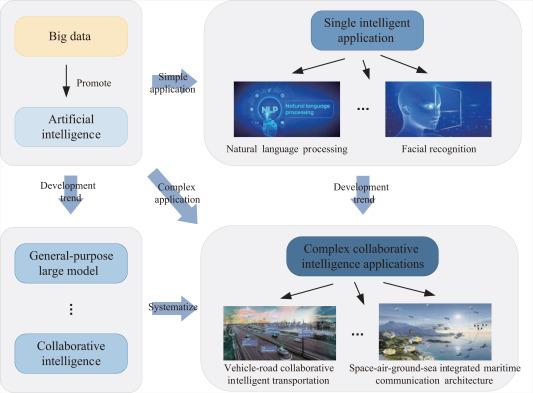The Collaboration Solutions Market has witnessed a significant transformation in recent years, driven by a surge in digital transformation, hybrid work environments, and the demand for streamlined communication tools. Category intelligence, a strategic procurement approach that leverages data and insights to optimize sourcing and supplier decisions, has emerged as a critical enabler in this market. Businesses increasingly rely on category intelligence to understand the nuances of the collaboration solutions landscape—encompassing tools like video conferencing platforms, project management software, file-sharing systems, and enterprise chat applications. With workforces becoming more dispersed globally, organizations need real-time, data-driven insights to select collaboration tools that align with their operational and strategic objectives.
The integration of category intelligence into procurement strategies empowers enterprises to evaluate vendor performance, pricing models, market share, user feedback, and technology advancements. This results in smarter investments, improved vendor negotiations, and reduced total cost of ownership. For example, understanding supplier differentiation and capability maturity through category intelligence helps businesses avoid underperforming solutions and adopt those offering robust security, scalability, and integration features. Additionally, category intelligence supports benchmarking of collaboration solutions, providing visibility into competitors' technology choices, market trends, and innovation cycles—key components in gaining competitive advantage.
Furthermore, the collaboration solutions market is becoming increasingly competitive, with tech giants and specialized vendors continuously innovating to cater to diverse business needs. Category intelligence enables procurement teams to navigate this complexity by analyzing supplier ecosystems and identifying which providers offer customizable features, compliance with industry standards, and superior user experience. By mapping out the total supplier landscape, companies can also assess risks such as vendor lock-in, lack of interoperability, and future scalability issues. These insights not only optimize sourcing decisions but also future-proof collaboration infrastructure against market disruptions.
Another key benefit of category intelligence in this market is enhanced stakeholder alignment. Collaboration tools affect various departments—IT, HR, sales, and customer service—making cross-functional coordination vital in solution selection. With a data-backed category strategy, decision-makers can ensure alignment between user expectations, organizational goals, and IT requirements. This helps in crafting vendor selection criteria that reflect real business needs, reducing friction during implementation and increasing adoption rates across teams. As a result, organizations can deploy collaboration solutions that foster productivity, enhance remote connectivity, and support agile workflows.
In the context of rapid technology evolution, category intelligence helps businesses stay ahead of market shifts. Emerging technologies such as AI-driven collaboration features, virtual reality meetings, and integrated analytics dashboards are reshaping how teams interact. With continuous market monitoring and trend analysis, category intelligence platforms provide early visibility into such innovations, allowing businesses to adapt quickly and maintain operational efficiency. Moreover, procurement professionals can track vendor R&D investments, product roadmap changes, and merger-acquisition activity to anticipate shifts in the collaboration solutions market.
As organizations continue to invest in digital collaboration, especially in post-pandemic hybrid work scenarios, the importance of intelligent procurement decisions will only increase. Category intelligence, therefore, becomes not just a cost-saving mechanism but a strategic driver of innovation, agility, and competitiveness. By leveraging category insights, businesses can build resilient collaboration ecosystems that empower teams, streamline communication, and support long-term digital transformation goals. The future of collaboration lies in platforms that are not only technologically advanced but also strategically sourced and intelligently deployed—making category intelligence a cornerstone of success in this evolving market.



